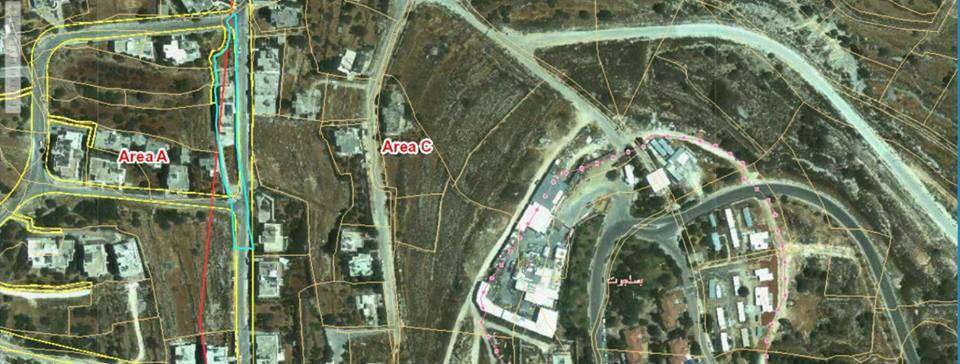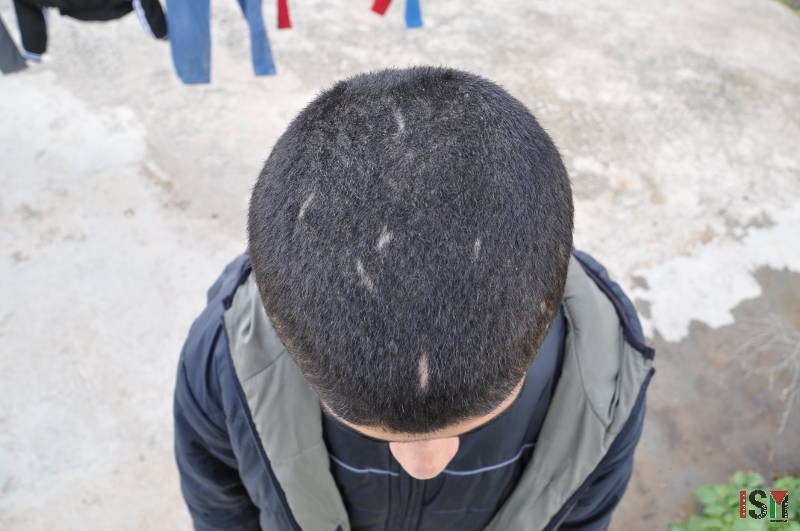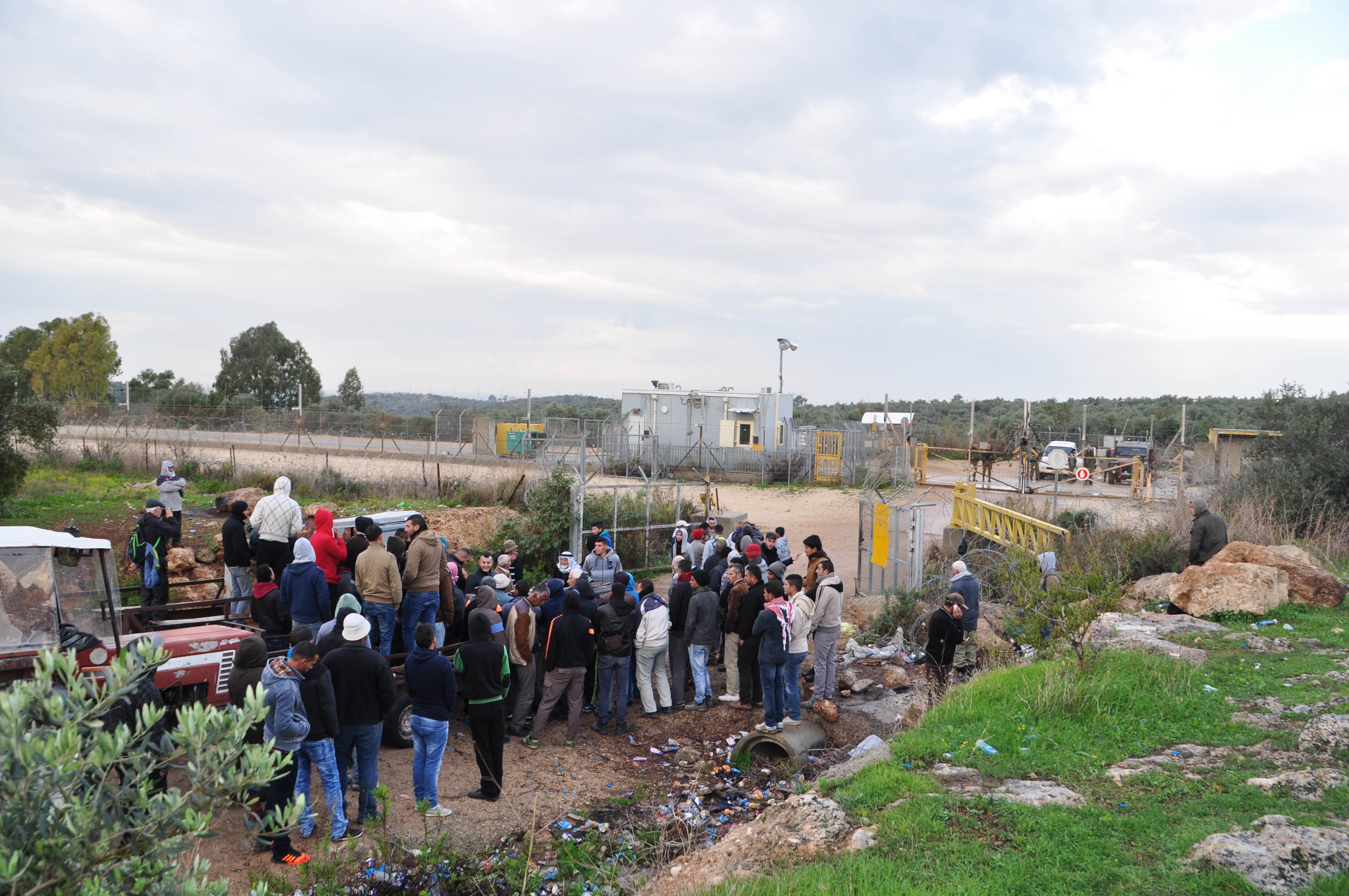Tag: Area C
-

Israeli forces threaten Palestinian families with house demolitions
7th April 2017 | International Solidarity Movement, Ramallah team | al-Bireh, occupied Palestine On 5th April, 2017, Israeli forces told Abbas Qar’an and his family that their home in al-Bireh was going to be demolished. The homes of two other anti-occupation activists in the area recieved similar threats. ISM activists met with Abbas, the son of…
-

Israeli settlers onces again attack Daraghmah family
24 January 2016 | International Solidarity Movement, Tulkarm Team | Lubban ash-Sharqiya, occupied Palestine On Thursday night, 21st of January, Illegal settlers attacked a Palestinian home in the outskirts of Lubban ash-Sharqiya village. The Israeli settlers threw stones, destroyed surveillance cameras and the Palestinian family also suspects that the settlers poisoned their water tanks. Since…
-

Farmers protest closure of gate blocking them from accessing their land
18th of December, 2015 | International Solidarity Movement, Tulkarm team | Deir al Ghsoon, occupied Palestine Hundreds of farmers protested on the morning of the 18th of December against the closure of an agricultural gate, which led Israeli commanders to agree to reopen the way. In 2002, 3200 dunumns of farmland got cut of from the…
